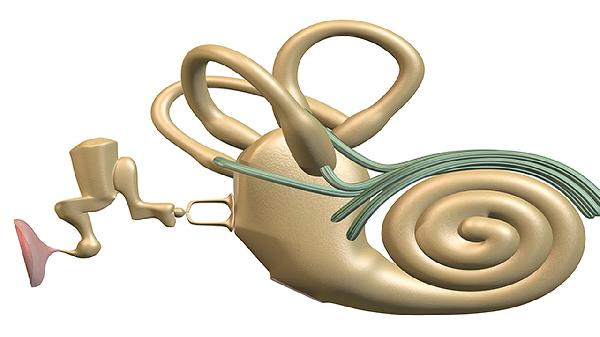Neurasthenia, a term that sounds like a "modern disease," has actually been quietly lurking in our lives for a long time. It’s like an invisible "thief," stealing our energy, sleep, and good mood. Do you often feel exhausted but struggle to fall asleep? Or feel overwhelmed by stress even when you haven’t done much? Don’t worry, you’re not alone—neurasthenia has become a "common ailment" for modern people. But the good news is, it’s not unbeatable. Through some simple yet effective stress-relief methods, we can regain balance and vitality in life.

1. Regular Routine
One of the typical symptoms of neurasthenia is sleep issues. Many people, due to high work pressure and a fast-paced lifestyle, end up with disrupted routines, even making staying up late a habit. In fact, maintaining a regular routine is the first step to alleviating neurasthenia. Try to go to bed and wake up at the same time every day, allowing your body to establish a fixed biological clock. Avoid using electronic devices before bed; instead, try reading a light book or listening to soothing music to help your brain relax.
2. Moderate Exercise
Exercise is a "natural remedy" for stress relief. Whether it’s running, yoga, or walking, moderate exercise helps the body release endorphins, the "happy hormones" that effectively alleviate anxiety and depression. Sticking to 3-4 exercise sessions per week, each lasting about 30 minutes, not only improves physical health but also boosts your mood.
3. Dietary Adjustment
The impact of diet on neurasthenia cannot be overlooked. Eat more foods rich in B vitamins, such as whole grains, nuts, and leafy greens, as these help maintain the normal function of the nervous system. At the same time, reduce caffeine and sugar intake to avoid overstimulating the nervous system. Proper supplementation of magnesium and calcium can also help relax muscles and nerves.
4. Psychological Regulation
Neurasthenia is often closely related to psychological stress. Learning to manage emotions and stress is key to alleviating neurasthenia. Try meditation, deep breathing, or mindfulness exercises—these methods can help you relax both mentally and physically in a short time. If the stress is too much, don’t hesitate to talk to friends or family, or seek help from a professional counselor.
5. Cultivate Hobbies
People with neurasthenia often fall into the trap of "overthinking," worrying about trivial matters. Cultivating a hobby, such as painting, gardening, or music, can help shift your focus and free your mind from anxiety. At the same time, hobbies can bring a sense of accomplishment and satisfaction, enhancing overall happiness.
Although neurasthenia can be troubling, with scientific methods and a positive attitude, we can definitely overcome it. Regular routines, moderate exercise, dietary adjustments, psychological regulation, and cultivating hobbies—these methods may seem simple, but they can bring significant results. Most importantly, don’t put too much pressure on yourself. Learn to accept your imperfections, make gradual adjustments, and you’ll find life becoming light and beautiful again.























